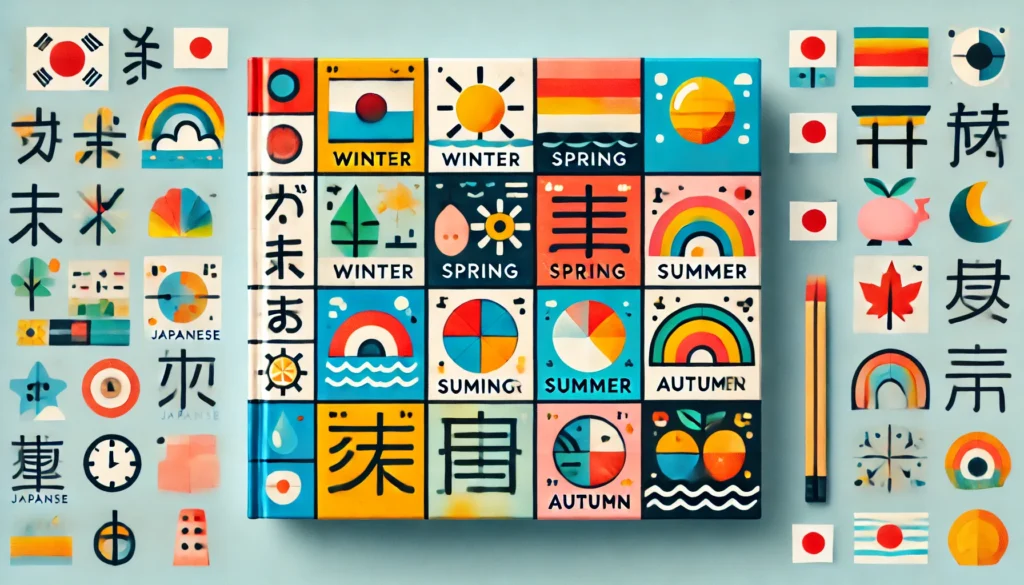Seasons in Japanese
Learning about seasons in Japanese is not only a fun and fascinating topic but also a crucial aspect of the language. Understanding the significance of each season in Japanese culture can greatly enhance your language skills and cultural knowledge. In Japan, the seasons play a vital role in daily life, art, literature, and even cuisine. Here’s why mastering this topic is essential and how you can make the learning process enjoyable.
Importance of Learning Seasons in Japanese
1. Cultural Understanding: Seasons hold deep cultural meanings in Japan. Each season is associated with specific traditions, festivals, and activities that reflect the country’s rich cultural heritage.
2. Language Enrichment: Japanese language is deeply rooted in seasonal vocabulary. Learning about seasons will expose you to a wide range of seasonal words and expressions that are commonly used in everyday conversations.
3. Enhanced Communication: Understanding seasonal references will enable you to engage in more meaningful conversations with native speakers and deepen your connection with Japanese culture.
How to Learn Seasons in Japanese
1. Study Seasonal Vocabulary: Start by learning the names of the four seasons in Japanese: spring (haru), summer (natsu), autumn (aki), and winter (fuyu). Then, expand your vocabulary by exploring seasonal words like cherry blossoms (sakura), beach (umi), autumn leaves (momiji), and snow (yuki).
2. Explore Cultural Significance: Dive into the unique traditions and festivals associated with each season. For example, Hanami (cherry blossom viewing) in spring, Obon festival in summer, Tsukimi (moon-viewing) in autumn, and Setsubun in winter.
3. Immerse Yourself: Watch Japanese movies and anime that depict seasonal changes, read haiku poems that capture the essence of each season, and try seasonal dishes to experience the flavors of Japan.
Examples of Seasonal Expressions in Japanese
- Spring: 春が来る (haru ga kuru) – Spring is coming
- Summer: 夏休み (natsuyasumi) – Summer vacation
- Autumn: 紅葉がきれいですね (momiji ga kirei desu ne) – The autumn leaves are beautiful, aren’t they?
- Winter: 雪が降っています (yuki ga futte imasu) – It is snowing
By incorporating seasonal vocabulary and expressions into your Japanese studies, you can not only improve your language skills but also gain a deeper appreciation for Japanese culture. Make learning about seasons in Japanese a fun and engaging experience by exploring traditional practices, trying seasonal activities, and immersing yourself in the beauty of each season.

春(Spring)

夏(Summer)

秋(Autumn)

冬(Winter)

